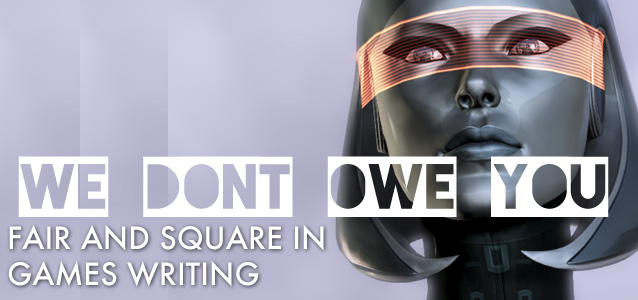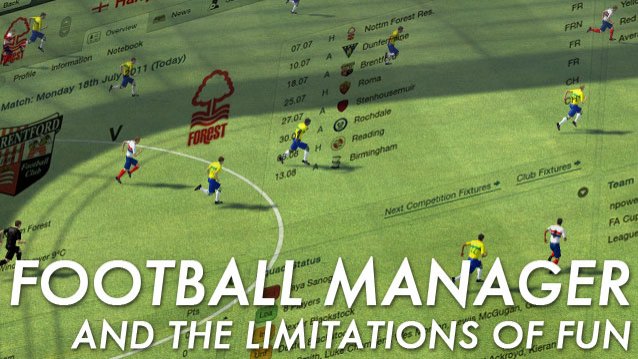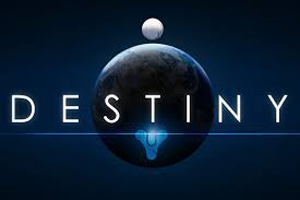


Here’s the thing in writing about games. If you call yourself a journalist, a critic, a reviewer or a writer, it’s a thing that’s true across the board: We don’t owe you anything.
Who is ‘you’? Everyone else. Especially publishers and developers. If you, the people making games, bring out a shitty product, it is our damn god given right calling you out on it. If a lot of us think your product is shit, then, well, chances are it actually isn’t as good as you made it out to be. If developers or publishers then start angry rebuttals of the criticism their product received, well, it’s understandable on the one hand, but on the other, why did you make a bad game to begin with? And if you’re called on it, don’t you think it makes you look even more stupid to then tell your critics that they just didn’t play the game ‘right’? If your game has to be played ‘right’ to really understand it, and apparently nobody does play it ‘right’ then things obviously went wrong somewhere in the development process.
Another thing is the supposed ‘leaking’ of company secrets. When a retailer lists a game as upcoming in a certain period, a game of which pretty much everyone and their mothers knew it was upcoming some time soon, doesn’t either seem incredibly stupid or—worse—incredibly attention whoring for threatening with ‘blacklisting’ those outlets reporting on it?
Activision, what went wrong there? Are you actually concerned about people knowing that Black Ops 2 will arrive later this year? Does that make any kind of sense to anyone but your legal department? Or is this actually just a marketing ploy, since this controversy will make the upcoming release even more prominent than it is at the moment? If so, you can mark me down for having fallen to this ploy by writing about it here. If so, guilty as charged.
You cannot on any moral grounds blackmail us into obedience.But it still stands. We don’t owe you. We, the mass of people reporting on and writing about games, don’t owe you. You cannot on any moral grounds blackmail us into obedience. You maybe just maybe can do that on vague trademark rights. But be sure that there will be a backlash. Game writers are not your bitches. Generally speaking. Also, and this is a very critical subject matter, even if we feature advertising on our sites about your games, that doesn’t give any one of us the obligation of speaking about those games only in highly praising tones. Remember Gerstmanngate? Where Gamespot writer Jeff Gerstmann lost his job over writing a scathing review of Kane & Lynch? A game that had its ads plastered all over the site? Yeah. That kind of behavior. Sure that was mostly on the part of Gamespot. And it’s a reason I don’t read that site since.
And there’s another thing. The readers. The gamers. The consumers. The fans. You. We don’t owe you anything either. If a game you love is torn to pieces in review, deal with it. People have different tastes. Tastes that are highly likely to differ from your personal ones. If a chosen critic from a big site doesn’t love Halo the way you do and marks it down, so what? Gaming critiques are opinions. Should be opinions. If a game writer you read doesn’t share yours you can act like a grown up person and accept that and disagree, or just go and read someone else’s take on the subject, maybe someone who agrees more with you. We are not obliged to deliver gratification for your objects of fandom. I for one will always call it out when I think a game stinks, regardless of how many angry fans it might have.
Likewise, we don't owe you a platform for your angry opinions on BioWare's writers, or your displeasure with the ending of Mass Effect 3.
On the other hand, you don’t owe us anything either. Nobody forces you to read our critiques, nobody demands that you come to our sites, buy our magazines. You don’t owe us agreement either. And that’s fine. It’s a free world. Somewhere else might be someone you agree with more.
And the game makers, you don’t owe us anything either. There’s nothing in the world dictating you to give your goods up for free to the people writing about them if there’s nothing in it for you. Sure, it’s a nice gesture, and there is no such thing as bad publicity, but technically, nothing obliges you to play well with us. It’s a world run by money, and nobody can force you to invite people to your press screenings and preview events if you can be sure those people will then proceed to just write bad things about the things they’ve seen there.
But then again, this boils down to a two-way situation. The door swings both ways. If you show me something that I think is badly done, I will tell people what I think. If I trashtalk about the multi million dollar project, then obviously, you won’t want to have me there seeing it in the first place. But then again, shouldn’t you be interested in showing us your best efforts? And shouldn’t it just be the right thing for us to do then to be honest about it if we think your best efforts weren’t, well, good enough? To inform the readers of our honest opinion on the subject?
Sadly it seems, a lot of the readers aren’t interested in honest opinions, no matter how well argued seeing the borderline insane reactions to well written critiques of various recently released franchise iterations. Sometimes it seems, readers just want to read willing claques, clapping their flippers and gonking for every stinking fish the game makers throw us, approving of their fandom as much as producers want to read positive reviews with high scorings to push up their products Metacritic rating.
But that is not what we are. That is not how the gaming press operates. Or at least, that is not how the gaming press should be operating. We don’t owe the readers, we don’t owe the producers. But neither do they owe us. We owe it to our own conscience to write about our own opinions and impressions. And if you don’t like them, well, you can kiss our swollen, hairy behinds.




 Fall Out Boy releases new song Uma Thurman
Fall Out Boy releases new song Uma Thurman Football Manager and the Limitations of Fun
Football Manager and the Limitations of Fun How to find Destiny Spirit Bloom, Farming Guide for PlayStation and Xbox
How to find Destiny Spirit Bloom, Farming Guide for PlayStation and Xbox 6 Common Windows Upgrade Issues & How to Fix Them
6 Common Windows Upgrade Issues & How to Fix Them GTA 5 Cheats and Glitches after 1.11 patch update
GTA 5 Cheats and Glitches after 1.11 patch update